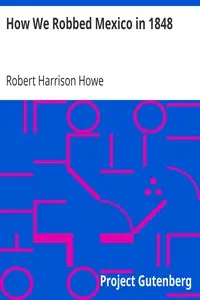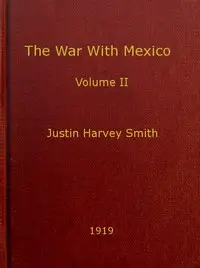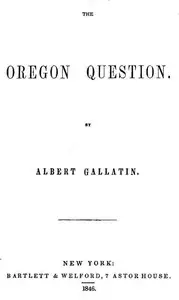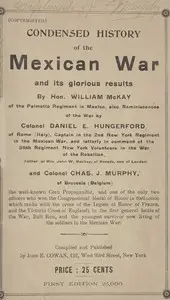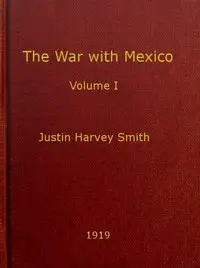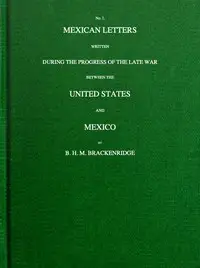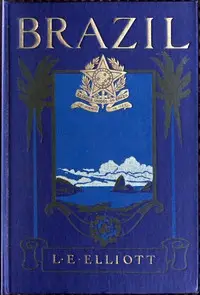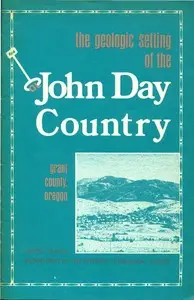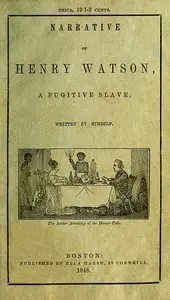"Peace with Mexico" by Albert Gallatin is a historical exploration of the stormy connections between the United States and Mexico during a time of American growth and expansion. It shines a light on the events that caused the conflict, like the addition of Texas to the United States, and looks at the lawful and ethical questions that came up because of it. Gallatin looks at how the war started, asserting adding Texas caused Mexico to respond in a reasonable way. Though the United States won the war, Gallatin says America should still act fairly, respecting Mexico's rights and people. He supports settling the conflict through talks and justice instead of just taking over land, stating that the American government should make peace in a way that rebuilds their connection and respects each other's independence, with a focus on fixing damages caused to American citizens over taking land.

Peace with Mexico
By Albert Gallatin
Amidst territorial disputes, a nation grapples with the morality of war, seeking a path to honor and peace rather than simply claiming victory.
Summary
About the AuthorAbraham Alfonse Albert Gallatin was a Genevan–American politician, diplomat, ethnologist and linguist. Often described as "America's Swiss Founding Father", he was a leading figure in the early years of the United States, helping shape the new republic's financial system and foreign policy. Gallatin was a prominent member of the Democratic-Republican Party, represented Pennsylvania in both chambers of Congress, and held several influential roles across four presidencies, most notably as the longest serving U.S. Secretary of the Treasury. He is also known for his contributions to academia, namely as the founder of New York University and cofounder of the American Ethnological Society.
Abraham Alfonse Albert Gallatin was a Genevan–American politician, diplomat, ethnologist and linguist. Often described as "America's Swiss Founding Father", he was a leading figure in the early years of the United States, helping shape the new republic's financial system and foreign policy. Gallatin was a prominent member of the Democratic-Republican Party, represented Pennsylvania in both chambers of Congress, and held several influential roles across four presidencies, most notably as the longest serving U.S. Secretary of the Treasury. He is also known for his contributions to academia, namely as the founder of New York University and cofounder of the American Ethnological Society.

